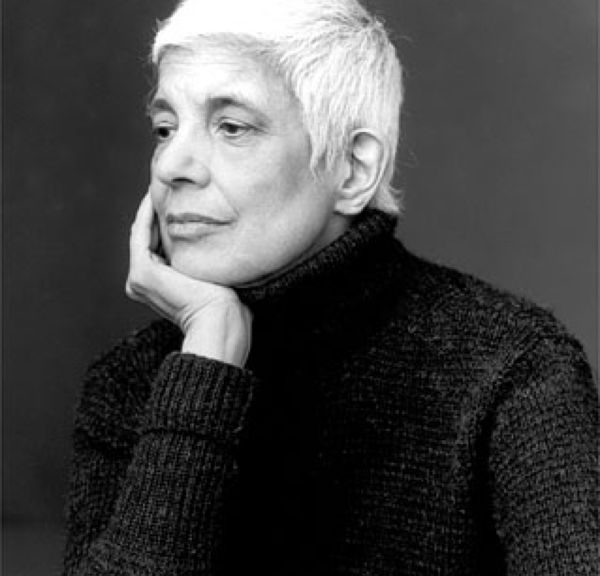The essayist, activist, novelist & intellectual SUSAN SONTAG was born (d: 2009). Sontag is remembered for her critical essays on photography and on camp. She was also a champion for gay rights in repressive countries like Cuba.
Sontag was active in writing and speaking about, or travelling to, areas of conflict, including during the Vietnam War and the Siege of Sarajevo. She wrote extensively about photography, culture and media, AIDS and illness, human rights, and communism and leftist ideology. Her often provocative essays and speeches sometimes drew criticism. The New York review of Books called her “one of the most influential critics of her generation.”
Sontag’s literary career began and ended with works of fiction. While working on her fiction, Sontag taught philosophy at Sarah Lawrence College and City University of New York and the philosophy of Religion under Jacob Taubes in the Religion Department at Columbia University from 1960 to 1964. Sontag held a writing fellowship at Rutgers for 1964 to 1965 before ending her relationship with academia in favor of full-time, freelance writing.
At age 30, she published an experimental novel called The Benefactor (1963), following it four years later with Death Kit (1967). Despite a relatively small output, Sontag thought of herself principally as a novelist and writer of fiction. Her short story “The Way We Live Now” was published to great acclaim in The New Yorker. November 26, 1986. Written in an experimental narrative style, it remains a significant text on the AIDS epidemic. She achieved late popular success as a best-selling novelist with The Volcano Lover (1992). At age 67, Sontag published her final novel In America (2000). The last two novels were set in the past, which Sontag said gave her greater freedom to write in the polyphonic voice.
She wrote and directed four films and also wrote several plays, the most successful of which were Alice in Bed and Lady from the Sea.
It was through her essays that Sontag gained early fame and notoriety. Sontag wrote frequently about the intersection of high and low art and expanded the dichotomy concept of form and art in every media. She elevated “Camp” to the status of recognition with her widely-read 1964 essay Notes on Camp, which accepted Art as including common, absurd and burlesque themes. It expounded the “so bad it’s good” concept of popular culture for the first time.
During 1989 Sontag was the President of PEN American Center, the main U.S. branch of the International PEN writers’ organization. After Iranian leader Ayatollah Khomeini issued a fatwa death sentence against writer Salman Rushdie for blasphemy after the publication of his novel The Satanic Verses that year, Sontag’s uncompromising support of Rushdie was critical in rallying American writers to his cause.
Sontag was quoted by Editor-in-Chief Brendan Lemon of OUT magazine as saying “I grew up in a time when the modus operandi was the ‘open secret’. I’m used to that, and quite OK with it. Intellectually, I know why I haven’t spoken more about my sexuality, but I do wonder if I haven’t repressed something there to my detriment. Maybe I could have given comfort to some people if I had dealt with the subject of my private sexuality more, but it’s never been my prime mission to give comfort, unless somebody’s in drastic need. I’d rather give pleasure, or shake things up.” Annie Liebowitz, her partner of many years, documented Sontag’s courageous battle with cancer. She died in 2004.
